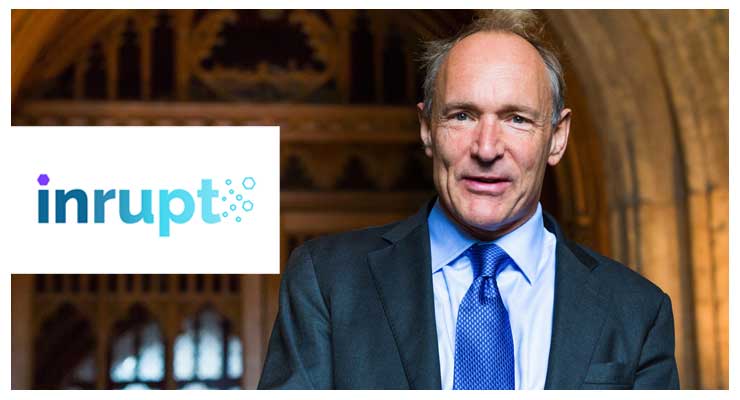Web creator Tim Berners-Lee’s startup Inrupt raises $30 million

According to a source familiar with the situation, Tim Berners-firm, Lee’s Inrupt, has raised roughly $30 million in its Series A funding round.Inrupt’s fresh round was led by Forte Ventures, the two companies stated on Thursday, but neither would reveal the size of the deal. “All previous investors,” such as Akamai Technologies and Glasswing Ventures, as well as new investors Allstate and the Minderoo Foundation’s Frontier Technology Initiative, participated in the round.In late October, TechCrunch reported that Inrupt, a three-year-old startup, was in talks to raise $30 million to $50 million.
Inrupt, created by Tim Berners-Lee, the developer of the web’s standards, and John Bruce, a technologist, is seeking to “reshape the internet” by developing a platform that offers consumers control over their data. Bruce Schneier, a cryptography expert, is part of the Inrupt team.”Business change is inhibited by multiple silos managing different aspects of one’s life, each of which looks after one vertical slice of life,” Berners-Lee said in a statement. “In the meantime, the silo in issue exploits that data, leading to growing, very legitimate public suspicion about how personal data is handled.”Inrupt’s software allows users to save their personal information in a POD (Personal Online Datastores). These PODs are compatible with decentralized applications and can be detached at any time by the user.

“Our investment thesis for Inrupt is simple: consumers, governments, and many businesses want to migrate to a genuinely open and collaborative online (aka Web3), and Inrupt’s enterprise Solid server (ESS) is the most technically advanced and financially feasible approach to achieving that goal.” The conviction that this top-tier team is uniquely qualified to meet the requirements and expectations of government and corporate partners, as well as the general public, is embedded in our thesis,” he added.
Governments and businesses are among Inrupt’s clients. According to TechCrunch, the business has negotiated contracts with the governments of Sweden, Argentina, and Basque. According to the study, it made $225,000 in sales last year and $200,000 in September.









